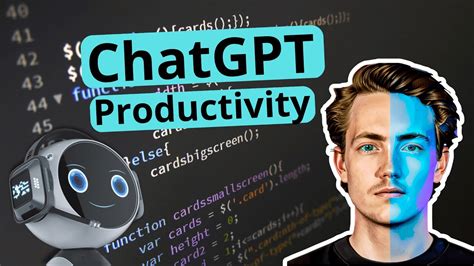In the realm of AI-powered code generation, ChatGPT has sparked a conversation among developers. The mixed opinions from users reveal a spectrum of perspectives on the tool’s utility and limitations. While some users emphasize the need for validation and thorough testing of the generated code, others view ChatGPT as a valuable assistant in accelerating certain aspects of the coding workflow.
The comments reflect a variety of experiences, from leveraging ChatGPT for syntax suggestions and autocomplete in popular languages like Python and Java to encountering challenges in using the tool for more complex tasks or less common languages like Lisp. The consensus resonates around the idea of treating ChatGPT not as a flawless coding solution but as a helpful aid that requires human oversight and critical evaluation.
While ChatGPT can offer a head start in drafting snippets or templates, it remains crucial for developers to exercise caution and prudence in incorporating generated code directly into projects. The analogy of using ChatGPT as a ‘well-informed intern’ resonates, highlighting the dual roles of assistance and verification that developers need to maintain during code generation.
Moreover, the discussion touches on the significance of understanding the tool’s limitations and suitable applications. By recognizing ChatGPT as a suggestions engine rather than a definitive solutions provider, developers can navigate its outputs more effectively and integrate them into their coding process with greater discernment.
An intriguing aspect highlighted in the comments is the comparison between AI-generated code and code from human sources like Stack Overflow. Both sources require scrutiny and validation, emphasizing the core principle of not blindly trusting any code – whether machine-generated or human-written. The iterative process of reviewing, testing, and refining code remains paramount regardless of its origin.
Looking ahead, the evolution of LLM-based tools like ChatGPT prompts discussions on the future of coding workflows and the role of developers in leveraging AI assistance. Finding the balance between reliance on automation and maintaining coding proficiency emerges as a key consideration for integrating AI tools effectively in software development.
Ultimately, while ChatGPT and similar tools can offer time-saving benefits and alternative perspectives on coding challenges, they should be approached with a blend of curiosity, caution, and critical thinking. As the technology landscape continues to evolve, developers will need to adapt their workflows to embrace the strengths of AI tools while upholding the principles of code validation and continuous learning in the coding process.


Leave a Reply